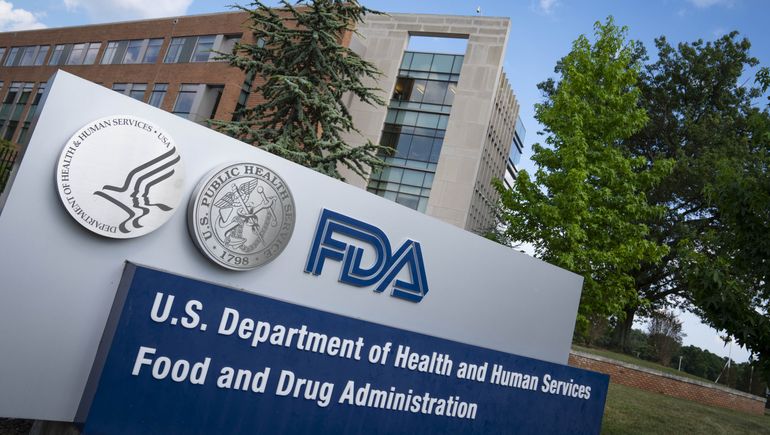Dive Brief:
- The Food and Drug Administration has turned its medical device conformity testing scheme into a permanent program after completing a pilot assessment.
- Officials pitched the Accreditation Scheme for Conformity Assessment (ASCA) pilot as a way to use standards to streamline conformity assessment and make device review more predictable.
- Having piloted the program with an initial 53 testing labs since 2021, the FDA has delivered on a MDUFA V commitment by turning ASCA into a permanent, voluntary accreditation scheme.
Dive Insight:
The FDA has worked to establish ASCA as a permanent program for several years, posting draft guidance on the initiative in 2019, finalizing the document in 2020 and starting a pilot in 2021. The 2020 guidance continues to apply to the permanent program, although the FDA is considering how it can incorporate the best practices identified during the pilot into its advice.
Under the ASCA program, accredited laboratories conduct testing to provide data on the conformance of medical devices with FDA-recognized consensus standards. Manufacturers that work with accredited labs can include a declaration of conformity in their premarket submissions to the FDA.
Congress tasked the agency with piloting the idea in the FDA Reauthorization Act of 2017. The FDA sees several benefits to having such sites run by SGS, TÜV SÜD and UL check if medical devices conform to consensus standards. According to the FDA, the initiative can streamline conformity assessment, enhance its confidence in test methods and results, and promote consistency.
Labs have continued to receive accreditations since the FDA began the pilot. The FDA now lists 101 labs that are accredited under ASCA. Most of the accreditations cover basic safety and essential performance, but there are now also five sites with accreditation for biocompatibility testing.
The FDA vowed to make the program permanent as part of its MDUFA V commitments. When it made the commitments, the agency said it would complete the pilot by the end of its 2023 financial year and provide a report on the performance of the pilot in the second quarter of its fiscal 2024. The report will cover topics such as the adequacy of the standards selected to support confidence by the FDA.

